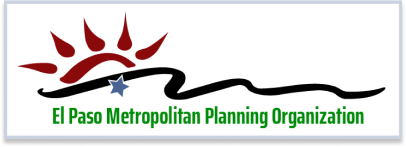Status
Existing
Description
Includes End–to–end credentials application, processing and issuance processes. Electronic Application includes CAT (Carrier Automated Transaction) with a CI (Credentialing Interface) interfacing to Legacy Systems such as the IRP (International Registration Plan) Clearinghouse and IFTA (International Fuel Tax Agreement) Clearinghouse and other states Credential Systems. Safety Information Exchange is centered on CVIEW (Commercial Vehicle Information Exchange Window) that exchanges information with the field Electronic Screening elements and with the TxDOT Credentialing functions. CVIEW also coordinates exchange of information with SAFER (Safety and Fitness Electronic Records), MCMIS (Motor Carrier Management Information System), ASPEN and SAFETYNET. Mexican carriers can apply for IFTA and single state registration.
Stakeholders
| Stakeholder | Role | Role Status |
|---|---|---|
| TxDOT | Owns | Future |
Physical Objects
| Commercial Vehicle Administration Center |
Functional Objects
| Functional Object | Description | User Defined |
|---|---|---|
| CVAC Information Exchange | 'CVAC Information Exchange' supports the exchange of safety, credentials, permit data, and other data concerning the operation of commercial vehicles among jurisdictions. The object also supports the exchange of safety, credentials, permit, and operations data between systems (for example, an administrative center and the roadside check facilities) within a single jurisdiction. Data are collected from multiple authoritative sources and packaged into snapshots (top–level summary and critical status information) and profiles (detailed and historical data). Data is made available to fleet operators and other information requestors on request or based on subscriptions established by the requestor. | False |
| CVAC Safety and Security Administration | 'CVAC Safety and Security Administration' provides commercial vehicle safety and security criteria to roadside check facilities, collects and reviews safety and security data from the field and distributes safety and security information to other centers, carriers, and enforcement agencies. It also supports wireless roadside inspections, including carrier enrollment, managing and distributing information about trigger areas where wireless inspections may occur, and monitoring the condition of the commercial vehicle and driver using wireless communications at identified trigger areas. It supports the collection and review of carrier and driver safety and security data and supports determination of the carrier and driver safety and security ratings. It clears the out–of–service status when the responsible carrier or driver reports that deficiencies flagged during inspections have been corrected. | False |
Interfaces To
-
